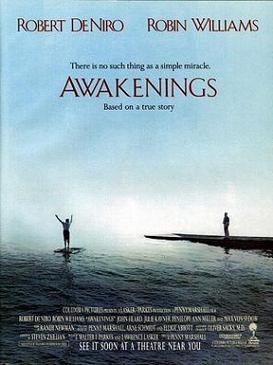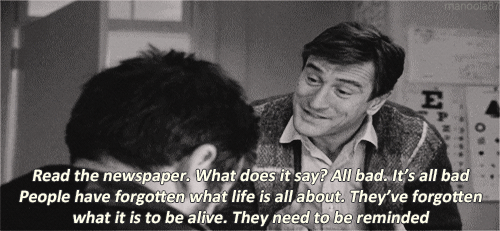 |
| When you don't wanna run no more |
Plot :
The story revolves around parents Annie and Arthur Pope who in the 1970s were responsible for the anti-war protest bombing of a napalm laboratory which accidentally resulted in a janitor who wasn't supposed to be there ending up being blinded and paralyzed. They've been on the run ever since, relying on an underground network of friends who help them financially and other services, such as dental. At the time of the incident, their son Danny was two years old and he is portrayed in his late teens in this movie. At the start of the movie, him and his family (along with younger brother Harry) are again relocating and assuming new identities. As the film progresses, Danny's overwhelming talent playing the piano catches the attention of his music teacher at school, and this causes the teacher to pry into Danny's personal life, particularly questioning why records from his previous school are unobtainable. While he pushes Danny to audition for famous university for performing arts, Juilliard, Danny also falls in love with Lorna, the teacher's teenage daughter. As the pressure to have his own life and realize his own dreams intensifies, Danny reveals his family secret to Lorna. Meanwhile, Annie finds out about Danny's audition, and begins to come to terms with the fact that she must let her son go and find his 'own' way. This does not sit well with Arthur, even as Annie risks their safety to contact her estranged father and arrange a home and life for Danny if they should decide to leave him behind. In the end, when Arthur hears on the radio that one of their underground colleagues has been shot and killed running from the authorities, he realizes that it is better for his son to pursue his dreams than to continue living a dangerous life on the run for which he bears no responsibility. Arthur then asks Danny to stay behind and heads off for their next identity in a new town.
Analysis & Reflection :
When watching the movie, two major themes came to mind, which were family, and love. The whole movie focused on the importance of family and how it influenced decisions made in the film. For example, Danny wanted to pursue a life of his own and go to Julliard, but he did not want to abandon his family and as he said in the movie, his dad needed him. This act of unselfishness showed the importance of family to him up to the point where it was prioritized over his dreams of going to Julliard. This is because family systems are built on the foundation of love, attachment, loyalty, and trust, which in turn fulfills safety and status needs, according to the psychology of family. Another example in the film included Arthur saying that they 'exist as a unit', which indicates that his family was the coping mechanism employed by him in coping with the situation. It could also be seen how important family was to Annie, up to the point where she loved Danny so much that she tried to make plans for Danny to go to Julliard to live a better life than he was currently living, even at the risk of possibly never being able to see him again. 
In this movie, there were two types of love displayed, namely passionate love, and companionate love. Obviously, passionate love existed between Danny and Lorna in the film, and their relationship showed that the love that existed between them two affected and influenced Danny's decision in telling her about his family's secret, knowing that it was dangerous. On the other hand, companionate love refers to the love he has for his family, which has already been discussed in the paragraph above.

In addition to the two themes mentioned, Erik Erikson's theory of development also can be used to explain certain events in the movie. This can be seen when Danny starts to have the desire to 'live his own life' and discover what he wants to do in his life but is yet hesitant to leave his family behind. His conflicting desires indicate that he is in Erikson's stage of identity vs role confusion, in which Danny tries to discover and decide his path in life.
 |
| Ciao |
Furthermore, his (Danny) relationship with Lorna also indicates that he is experiencing the intimacy vs isolation stage of Erikson's theory, in which he starts to fall in love with a person, and as shown in the movie, the effects and influence of this crucial stage of development on an individual's decisions and outlook on life.
Conclusion :
A heavy emphasis on the importance of family this movie has, so after watching it, viewers might have a sudden urge to hug their family members. Furthermore, the movie has good plot and acting, so it is definitely worth watching, if not as a remembrance of talented actor River Phoenix.
| The Popes : 90s-Pop-Album-Cover-Pose |
 |
| There , done. |







